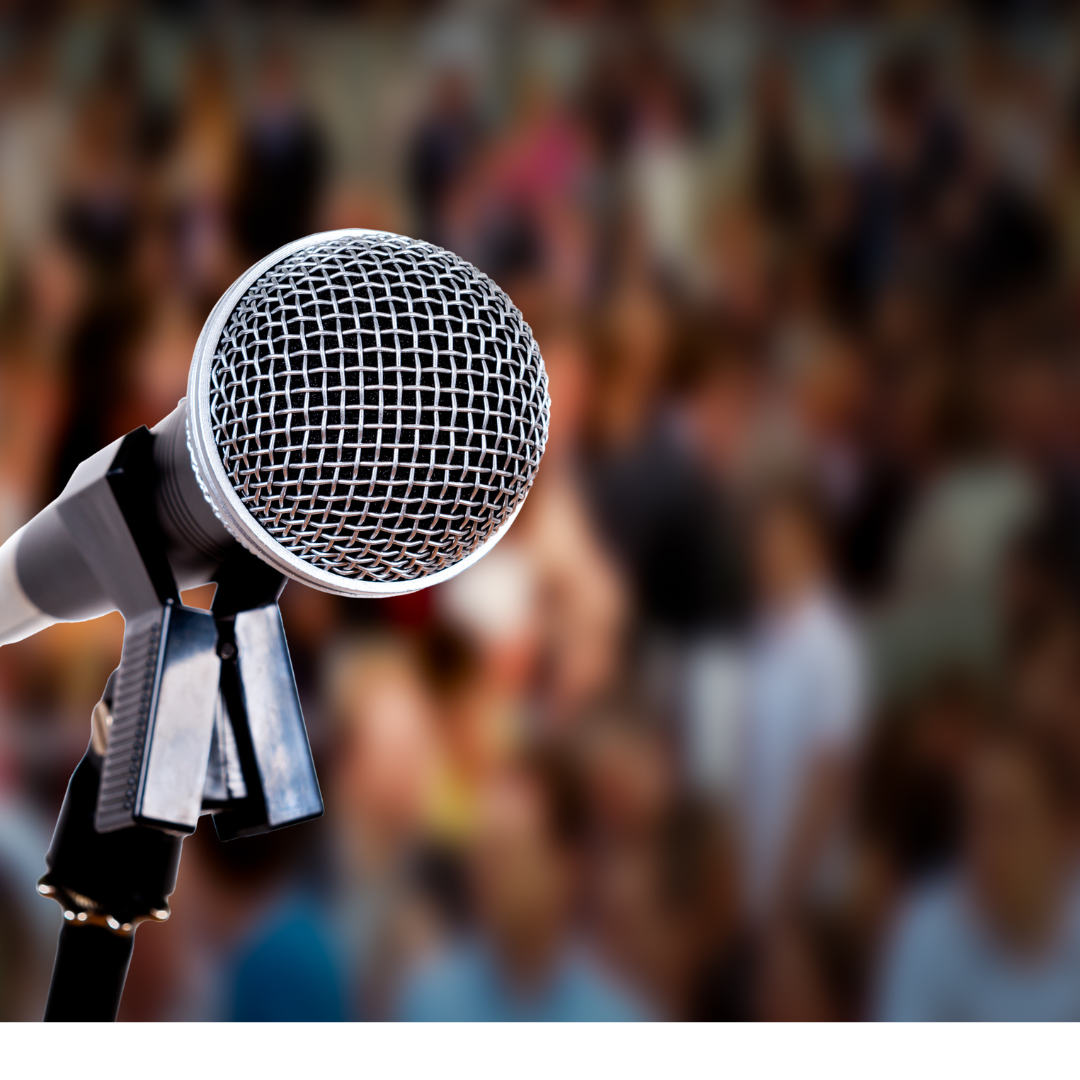
Anxiety Disorders, Panic, Phobias and Fear Part 5 Social Anxiety
This is a ten-part series about anxiety: How to identify the different forms of anxiety and what you can do to lessen its effects.
 Years ago, I watched CNN talk-show host, Larry King ask Frank Sinatra if he ever got anxious when he went out on stage. For some reason I expected Sinatra to say “No, never.” He has such an image as a tough guy I couldn’t imagine him admitting to any weakness (especially twenty years ago when this interview took place.) To my surprise Sinatra said, “Yes every single time,” But he added: “I know it will usually go away in about 5 minutes once I get used to being on stage.”
Years ago, I watched CNN talk-show host, Larry King ask Frank Sinatra if he ever got anxious when he went out on stage. For some reason I expected Sinatra to say “No, never.” He has such an image as a tough guy I couldn’t imagine him admitting to any weakness (especially twenty years ago when this interview took place.) To my surprise Sinatra said, “Yes every single time,” But he added: “I know it will usually go away in about 5 minutes once I get used to being on stage.”
Everyone experiences anxiety from time to time but only a small percentage of the population has a problem with anxiety. Some performers and athletes, like Sinatra learn to deal with ever increasing levels of challenge – playing in larger and larger venues - through what psychologists would call “in-vivo desensitization.” This is one of the numerous (non-pharmaceutical) methods for treating anxiety we’ll discuss in installments 7-10 of this series. There are many celebrities and particularly professional athletes that deal with different forms of anxiety. Tennis players, basketball players, golfers and even football players like Terry Bradshaw have been open about their struggles with anxiety and depression.

Justin Timberlake, whose DUI arrest last week, mentioned that he was also carrying cigarette papers, “the kind used for rolling marijuana,” perhaps give us a clue as to how he deals with anxiety. He told Playboy in 2011 that he likes smoking marijuana because it helps him “stop thinking.” And for a lot of people, thinking can make them anxious. (Meditation is one of the methods we will discuss in later installments for quieting the thinking mind.)
Golfer, Bubba Watson, who has won many PGA tournaments including the Masters Tournament has apologetically attributed some of the difficult times he has had with his fans and the press to his recurring struggles with social anxiety. When he famously hit an impossible chip shot out of the woods to the left of the fairway during a Master’s Tournament, he said the most difficult part of the shot was having to stand next to crowds of people.
There’s an old golf-related expression about certain people being 1 or 2 drinks under par. It’s a reference to social anxiety. This is a person who doesn’t feel comfortable at a party until they’ve had one or two drinks. This person will sometimes have those drinks at home and THEN go to the party. In fact, social anxiety has the highest comorbidity with over-consumption of alcohol.
As Dr. Schneider pointed out alcohol is hard drug to dose: The effect you get is based on your size, weight and how much food you’ve eaten beforehand and while drinking. So it’s easy to overdose with all these factors in play. Ironically, if you do overdose, you are even more likely to embarrass yourself which is a main reason why many people get socially anxious in the first place.
Roughly 10% of people will experience Social Anxiety Disorder during their lifetime and about 7% of the population will experience it during any 12-month period. This type of anxiety often starts at a young age, in fact 90% of the people with this disorder develop it by the age of 18 and it’s a common problem in young children.
Socially anxious people are conflict avoiders. They don’t take compliments well and they don’t like to make recommendations for fear that other people won’t like the restaurants or movies they’ve recommended. They don’t like visitors to “drop by,” or even taking random phone calls and will usually allow their phones to go to voice mail to monitor them first. They don’t want you to leave a short message either, such as give me a call. They want to have a good reason to have to call you back.
Socially anxious people tend to notice everything going on around them, and they care deeply about what other people think about them. Socially anxious people don’t like asking other people for directions or for any kind of help. They also don’t always like running into old high school friends or acquaintances who might ask them how they are doing or what they are up to.
To my surprise, Dr Schneider explained that fear of public speaking and social anxiety are NOT related. Initially, I thought these two were a perfect match. But the more I reviewed the indicators of social anxiety, the more I realized that almost none of them apply to me and one of the biggest fears I’ve had to overcome was the fear of public speaking.
In the next 3 installments I am going to be focusing on 3 more (specific) forms of anxiety including Panic Disorder, General Anxiety Disorder, and PTSD. And for the last 3 installments of this ten-part series we’ll look at the various integrative (non-pharmaceutical) treatments for anxiety.





James Porter
Author